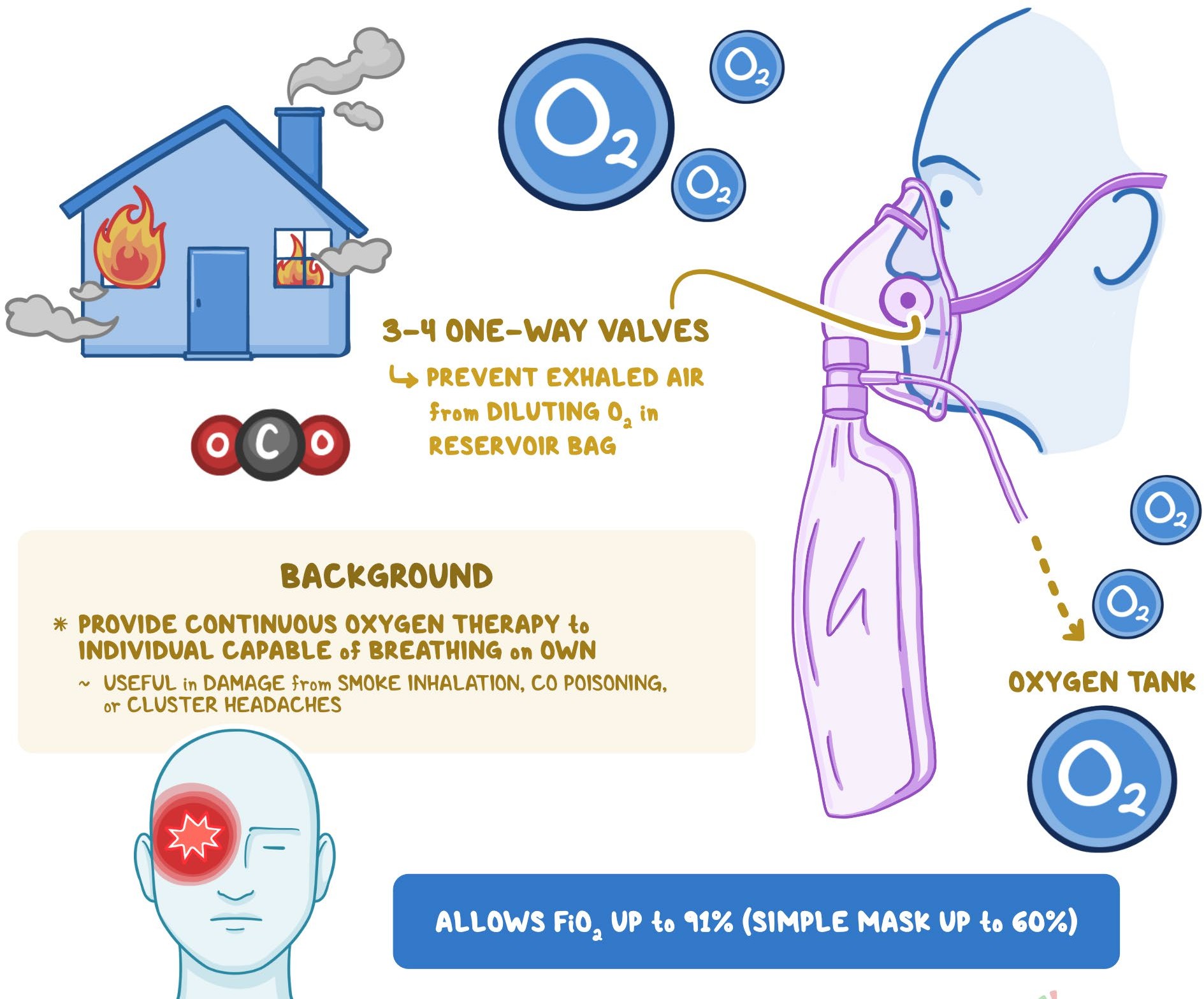A nurse is reinforcing teaching with a newly licensed nurse about physiological changes in the digestive system that occur with aging. The nurse should include that older adults might experience which of the following physiological changes?
Decreased intestinal peristalsis
Decreased pH of the stomach
Increased muscle tone of the bowel
Increased gastric acid production
The Correct Answer is A
Choice A reason: With aging, there is a slight slowing in the movement of contents through the large intestine and a modest decrease in the contractions of the rectum when filled with stool, leading to decreased intestinal peristalsis.
Choice B reason: Aging does not typically result in a decreased pH of the stomach. Instead, conditions that decrease acid secretion, such as atrophic gastritis, become more common with age.
Choice C reason: Increased muscle tone of the bowel is not a change associated with aging. In fact, muscle tone may decrease, contributing to issues such as constipation.
Choice D reason: Increased gastric acid production is not a typical physiological change with aging. The secretion of stomach juices such as acid and pepsin has little effect on aging, although conditions that decrease acid secretion become more common.
Nursing Test Bank
Naxlex Comprehensive Predictor Exams
Related Questions
Correct Answer is C
Explanation
Choice A reason: The reservoir bag on a nonrebreather mask should not collapse with exhalation. It is designed to maintain a continuous flow of oxygen and reserve a volume of oxygen for the patient to inhale with each breath.
Choice B reason: While high-flow oxygen can dry a patient's mucous membranes, a nonrebreather mask typically has a high oxygen flow rate, and humidification can be used to prevent drying.
Choice C reason: A nonrebreather mask must fit snugly over the patient's face to ensure that the highest concentration of oxygen is delivered and that there is minimal dilution with room air.
Choice D reason: A nonrebreather mask is used to deliver high-flow oxygen, not low-flow. It is designed to provide a high concentration of oxygen, typically around 60% to 90% FiO2.

Correct Answer is A
Explanation
Choice A reason: A BMI of 18 falls within the underweight range, which is a BMI less than 18.5.
Choice B reason: A healthy weight BMI range is from 18.5 to 24.9, so a BMI of 18 does not fall within this category.
Choice C reason: Obesity is defined as a BMI of 30 or higher, which does not apply to a BMI of 18.
Choice D reason: Overweight is defined as a BMI from 25 to 29.9, so a BMI of 18 is not considered overweight.
Whether you are a student looking to ace your exams or a practicing nurse seeking to enhance your expertise , our nursing education contents will empower you with the confidence and competence to make a difference in the lives of patients and become a respected leader in the healthcare field.
Visit Naxlex, invest in your future and unlock endless possibilities with our unparalleled nursing education contents today
Report Wrong Answer on the Current Question
Do you disagree with the answer? If yes, what is your expected answer? Explain.
Kindly be descriptive with the issue you are facing.
